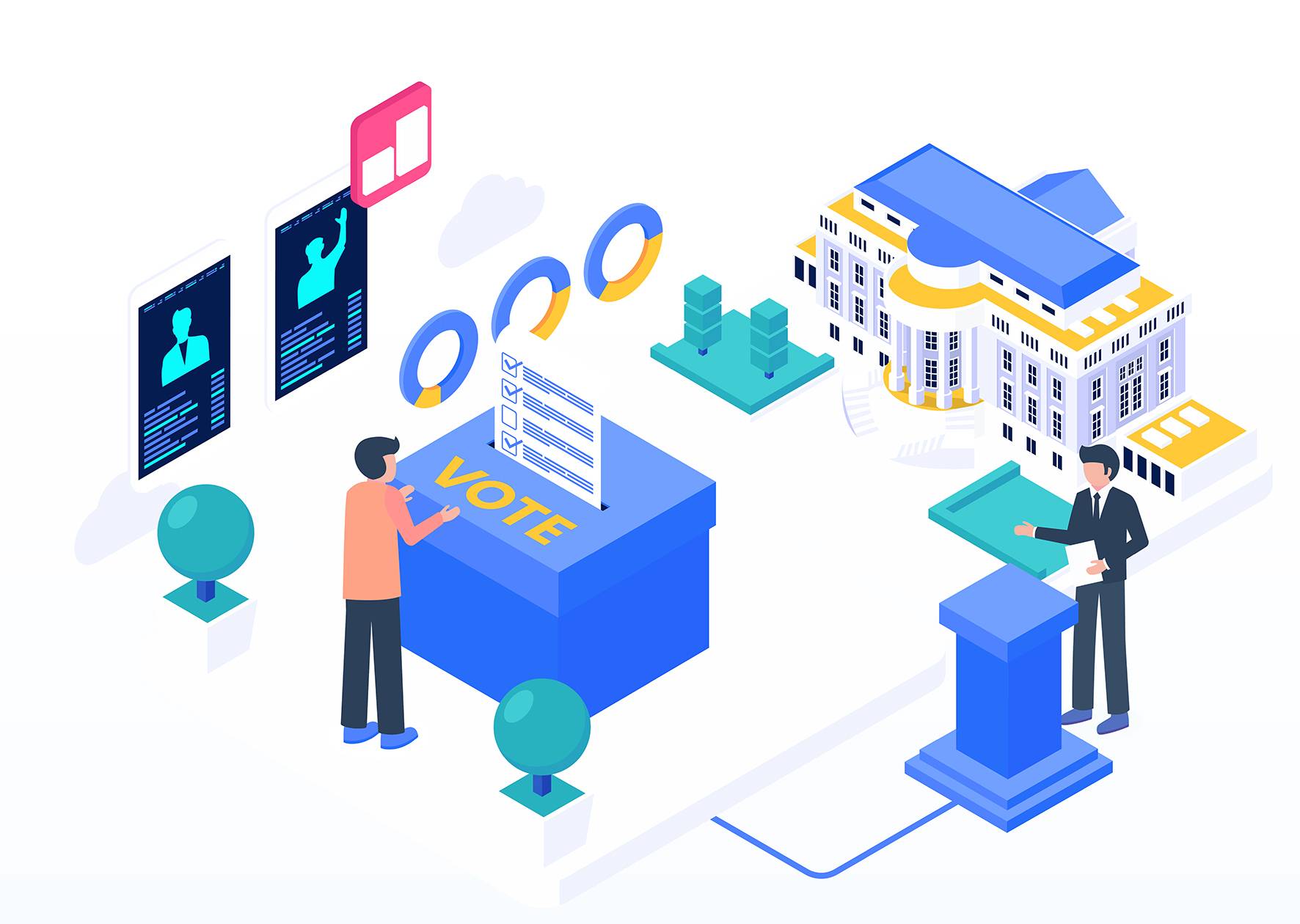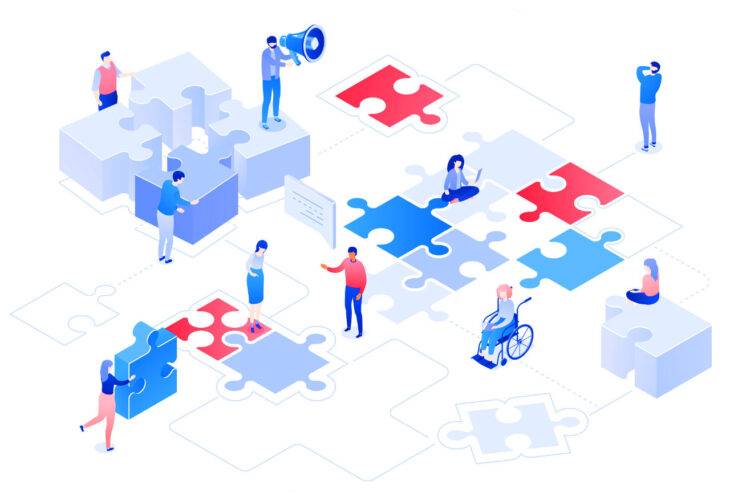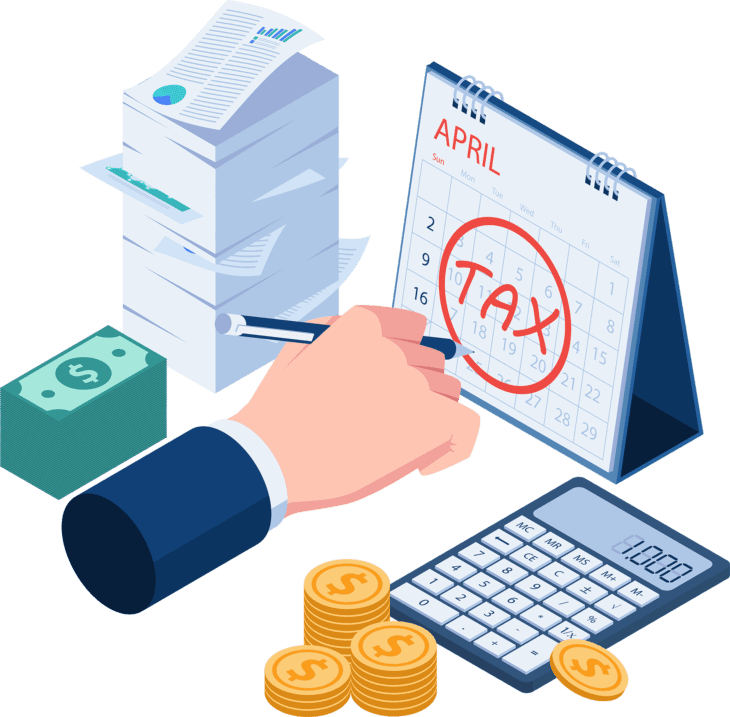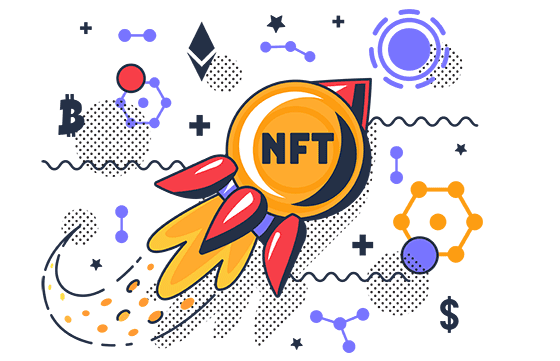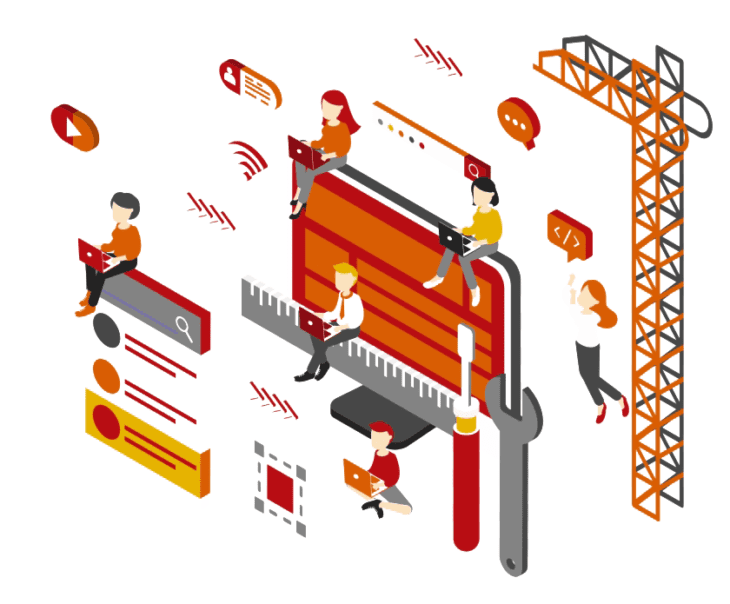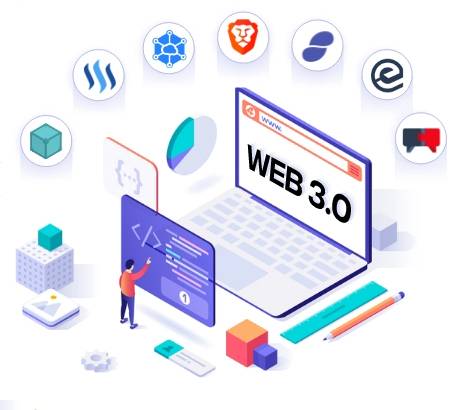It would be incorrect to claim that Blockchain is today’s equivalent of the Internet’s political position in 1995. While the Internet introduced the prospect of reformation, the distinction between the two revolutionary innovations is in their respective roles – Internet in the forefront, Blockchain in the background.
As is the case in so many other instances, the potential for using Blockchain in government services and public sectors will be hidden behind the scenes, where it will work to make government bodies more effective, safe, quick, and trustworthy. However, the outcome of a blockchain-based digital government would be evident in any interaction with the decentralized framework.
How does Blockchain technology have the potential to transform governments?
Not only has hyper-connectivity increased the amount of data available to us, but it has also resulted in a dramatic shift in the way the economy operates and interacts.
This age of constant change and economic shift requires the government to become more open, effective, cost-conscious, and responsive, which translates into a genuinely citizen-centric government.
Now, fulfilling this newly articulated requirement would necessitate a paradigm change within a hierarchical government organization. A change that can occur only by promoting the adoption of a stable blockchain architecture and other blockchain-related features.
The numerous benefits of a decentralized government focused on increasing the efficiency of government bodies, not only in terms of how they operate but also in terms of where they rank on the public loyalty scale.
Government and public sector blockchain use cases are primarily focused on three of the technology’s key areas:
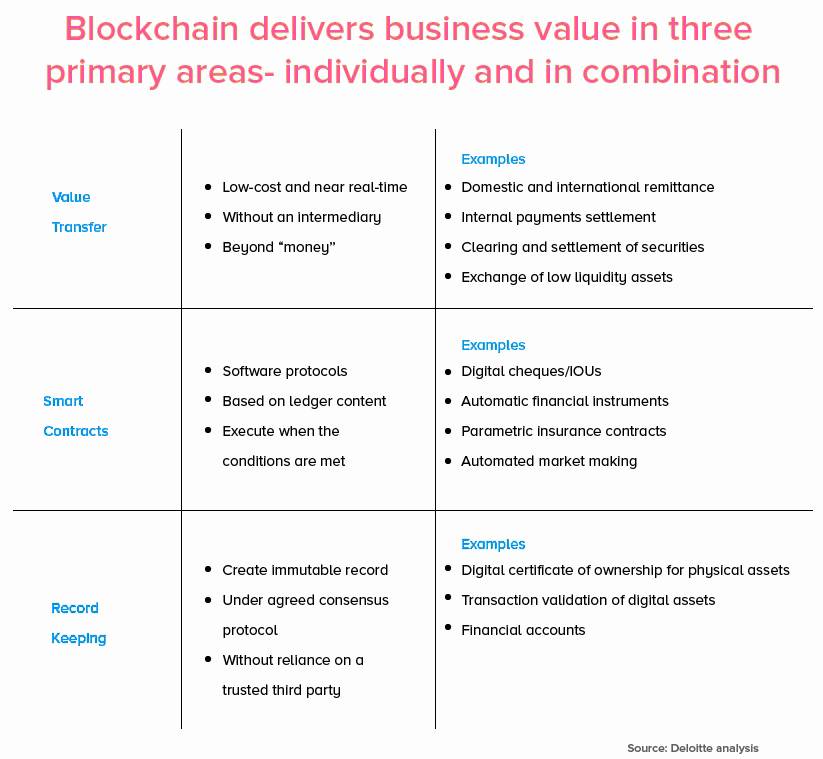
When these three core areas are combined or used independently, the role of Blockchain in government services has a wide range of implications, with three of the most significant being:
- Establishing Credibility Among Skeptical Citizens
At a time when citizens’ confidence in their government is at an all-time low, it is critical to revert this rising pattern of perpetual mistrust. And Blockchain, with all of its unique characteristics, provides the solution.
Its fundamental characteristic – Transparency alters citizens’ sentiments by enabling them to access and verify data. Blockchain technologies allow people to independently verify the government’s statements – speeding up the entire process of addressing issues.
- Security of Personally Identifiable Information
Data breaches and identity theft have become an unfortunate aspect of modern life. Governments, as the society’s default record keeper, have been the primary target of hackers worldwide.
Issues such as the 2017 Equifax hack, which revealed the personal information of millions of Americans, including their social security numbers, and the 2015 data loss incident, in which the personal information of millions of government workers was hacked directly under the Office of Personnel Management’s nose, are continually blamed for eroding citizens’ confidence.
This is where immutability, another aspect of blockchain-based solutions, comes into play, ensuring the security of an entire country. By removing the possibility of a single point of failure, the Blockchain data structure improves the network’s protection and, in turn, renders the network unhackable.
- Cost Savings and Increased Efficiency
Blockchain technology for government services translates to significant cost savings. Blockchain technology may be a lifesaver for leaders of nations operating on a budget of X dollars to cover X+1 expenses.
When appropriately implemented, blockchain technology may help reduce costs while also reducing redundancy, streamlining procedures, increasing protection, reducing audit burdens, and ensuring data integrity is preserved.
To illustrate this point further, consider the fact that the federal government’s budget contains trillion dollars in unreconciled funds. Reconciliation of these funds is now a costly, time-consuming, and unpredictable procedure. However, as public sector blockchain implementations are integrated into the accounting and payment systems, a permanent audit trail is created, and reconciliation is significantly accelerated.
These advantages, along with the plethora of other ancillary benefits, have not gone unnoticed by governments worldwide. Numerous government entities have either begun preparing for or have already implemented blockchain data systems and other use cases in their processes.
How are the world’s largest economies’ governments using Blockchain?

China
The country’s ambitions to become a Blockchain leader are fueled by public-private partnerships. When it comes to blockchain applications in government and other sectors of the Chinese economy, Alibaba has been collaborating with Changzhou city to protect all healthcare data on the Blockchain, while Tencent is collaborating with the China Federation of Logistics and Purchasing to create a blockchain-based logistics platform.
Even after the government banned China from being the world leader in crypto mining, the cities of Shanxi, Shanghai, Henan, Guiyang, Guangzhou, and Hangzhou have released programs to promote Blockchain growth. Additionally, the Xiongan New Area is being established as a center for Blockchain innovation.
Dubai
By the end of 2020, the Dubai government aspires to be the first to implement Blockchain technology in government and the public sector. They estimate that incorporating Blockchain technology would enable them to save over 5.5 billion Dirhams in document processing costs alone, allowing them to repurpose 25.1 million hours of previously occupied capital for economic growth.
US
The US Food and Drug Administration announced in 2017 that it had entered into an agreement with IBM Watson Health to investigate the use of distributed ledger technology in securely exchanging patient data. This collaboration aims to resolve the lack of accountability and security surrounding the collection and transmission of health data.
Additionally, the Trump administration authorized the Department of Homeland Security to award a grant totaling more than $200k to Factom, a startup that would assess the technology’s ability to protect data collected from Border Patrol sensors and cameras.
UK
The UK’s Financial Services Authority (FSA) took the lead in promoting Blockchain adoption in 2018. They devised a pilot to track meat delivery in slaughterhouses to determine if they adhered to food industry regulations.
Following the FSA’s performance, a range of other government agencies quickly followed suit – Defra incorporated Blockchain to improve the food traceability process HM Land Registry is investigating ways to incorporate the technology into the property purchasing and sale process, as well as land registration.
The Department of Work and Pensions is also evaluating the technology’s potential for assisting claimants with money management.
Venezuela
Venezuela has also embraced the idea of developing various technologies based on blockchain technology in an attempt to revitalize the country’s flagging economy. President Nicolas Maduro of Venezuela announced the launch of Petro, a digital currency, in October 2018.
Petro was created as the first cryptocurrency to be issued by the federal government to circumvent financial transaction restrictions and reduce the black market.
Venezuelans are widely regarded as one of the most crypto-savvy populations, becoming extremely receptive to the concept of converting their savings to bitcoins, which would help maintain their value during the country’s current hyperinflation.
To increase Petro’s acceptance, the coin has been requested to be accepted by all government agencies. Additionally, the nation intends to incorporate the token for oil sales in and beginning in 2019.
India
India has a generally optimistic attitude toward Blockchain technology. According to the NASSCOM 2019 Blockchain Study, nearly half of India’s states are engaged in significant initiatives to accelerate the adoption of the technology. Indeed, the value of blockchain development services providers’ ventures has surpassed the $20 billion mark across several industries.
The report detailed how various state governments – Kerala, Telangana, Andhra Pradesh, Karnataka, and Maharashtra – are assisting blockchain startups and ventures.
Additionally, the World Intellectual Property Organization reports that India ranks sixth in the number of patents filed in the blockchain domain, with 67 patents approved in 2018.
Multiple nations are examining the position of Blockchain technologies in government and public sectors to harness the potential of decentralization.
What would a decentralized government look like in the future?
What is undeniable is that at a time when global confidence in government is at an all-time low, a structure built on accountability and truth has enormous potential to shape a nation’s economy.
However, the other unavoidable fact is that the period may come when the acceptance and effect of Blockchain on government will be much greater. Although we have seen the promise of the technology, we cannot disregard the regulatory barriers that are impeding its adoption.
Thus, a future in which the government is sufficiently decentralized to become citizen-centric is either feasible or unlikely, depending on how the government responds to decentralization and how freely they incorporate Blockchain into their processes.
FAQs About the Blockchain’s Use of Government
1. Why Do Governments Use Blockchain Technology?
The adoption of blockchain technology in e-governance has the potential to reintroduce a period of confidence in the judicial and fiscal systems that has lapsed in recent years. The following are a few areas where the influence of blockchain technology is most evident:
• Registration of Land
• Management of Identity
• Elections
• Privacy of personally identifiable information
2. Would Blockchain Have a Future in Local Government?
The effect of disruptive technology on government is not limited to a single country. The position that Blockchain technology can play in local government is also unmissable. Complete transparency, digital payments, and the abolition of middlemen are the activities that will define the future of Blockchain in digitizing local government.
3. Which Cryptocurrency is Government-Backed?
SOV is a government-backed cryptocurrency that is widely recognized in the Marshall Islands as a substitute for US dollars.
